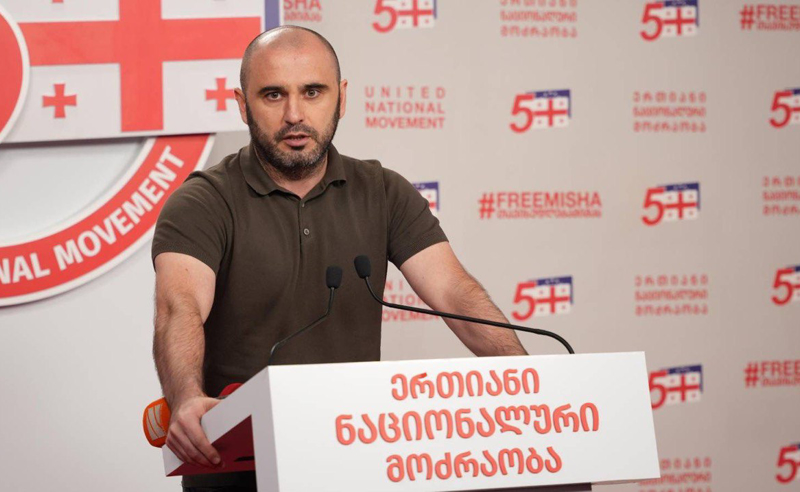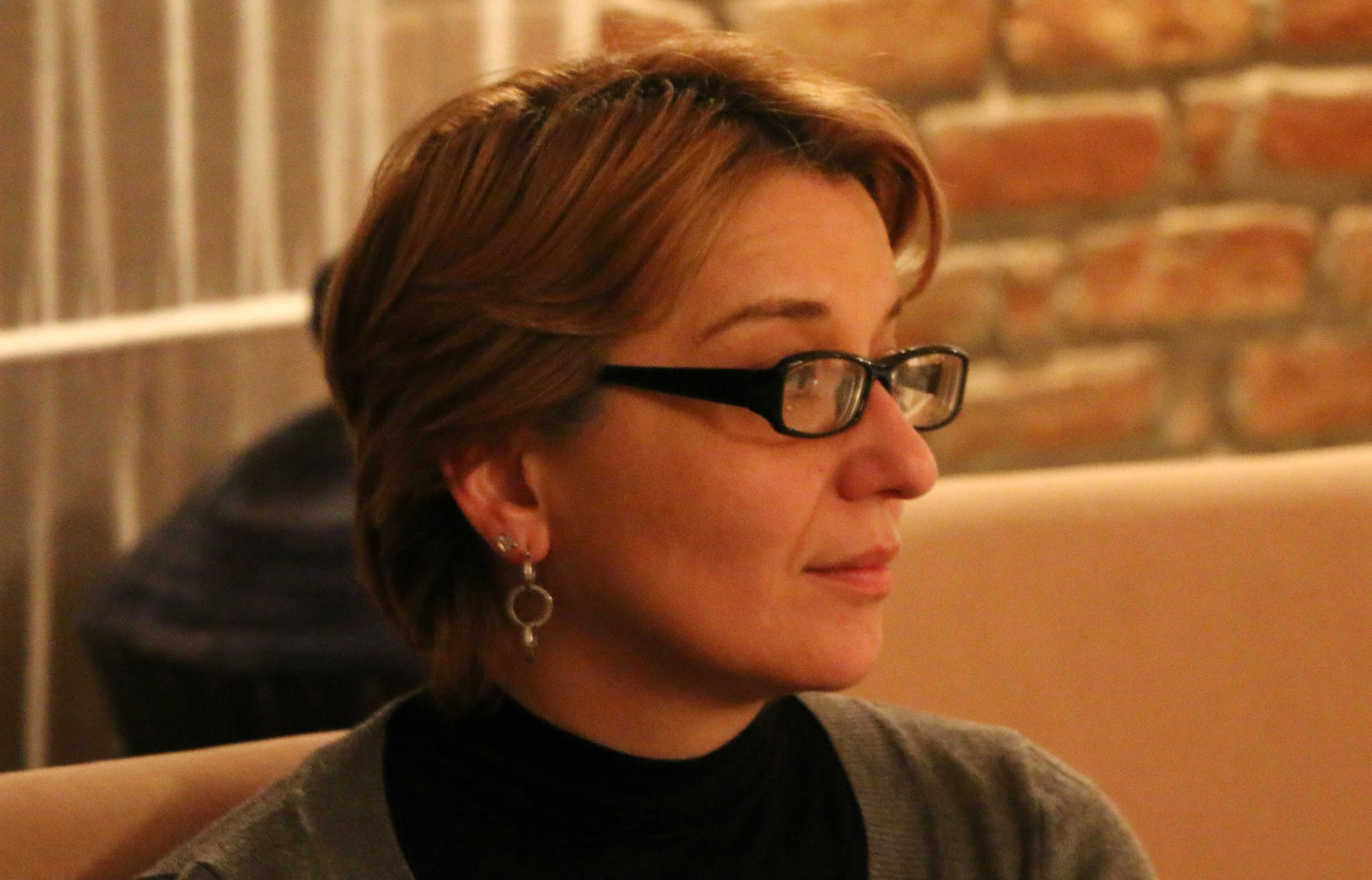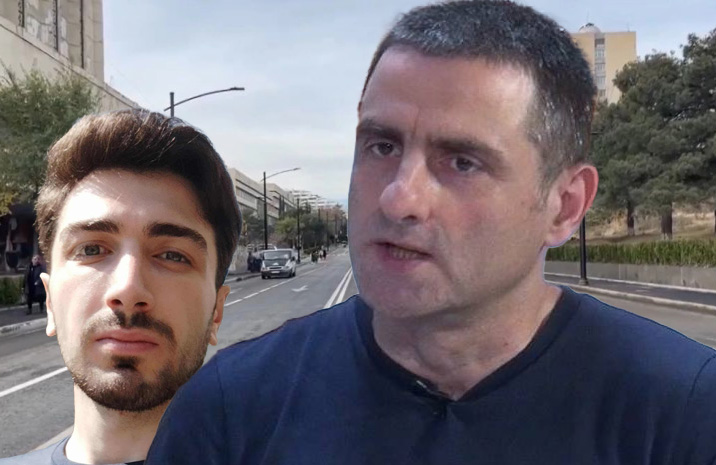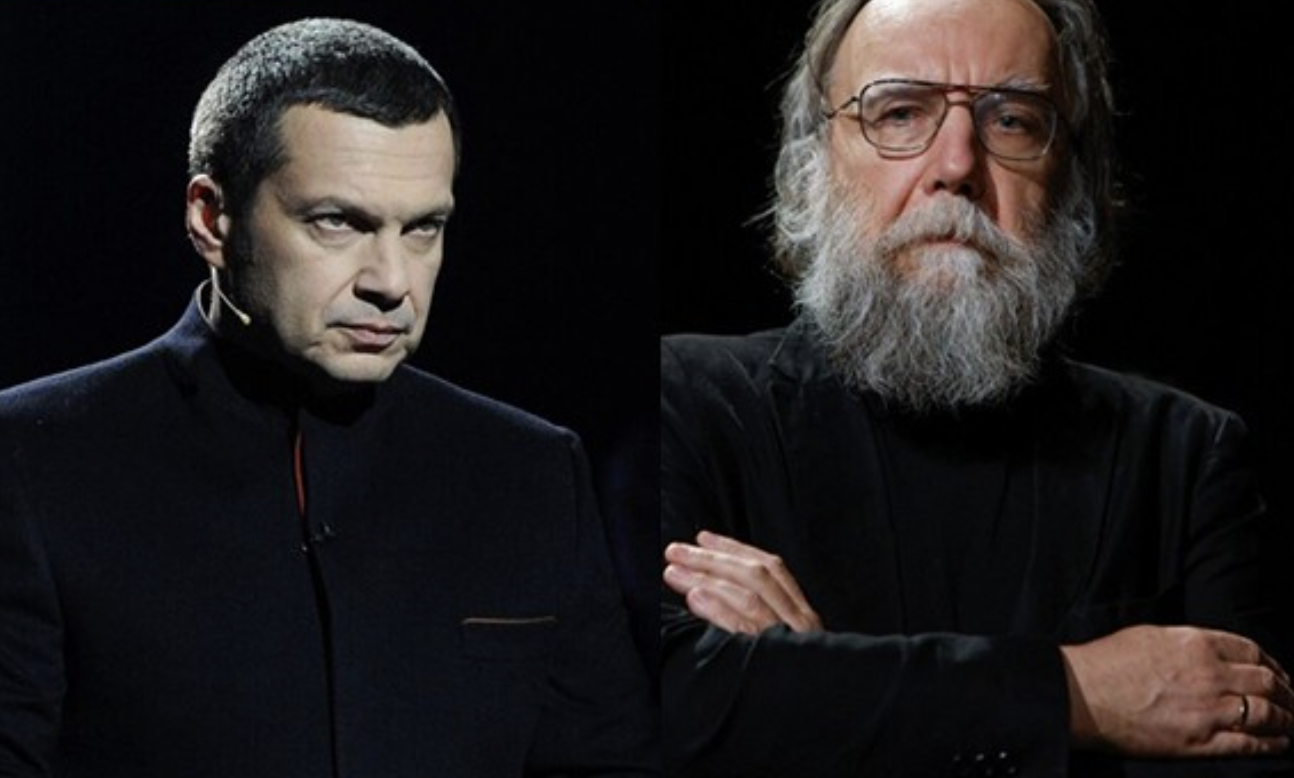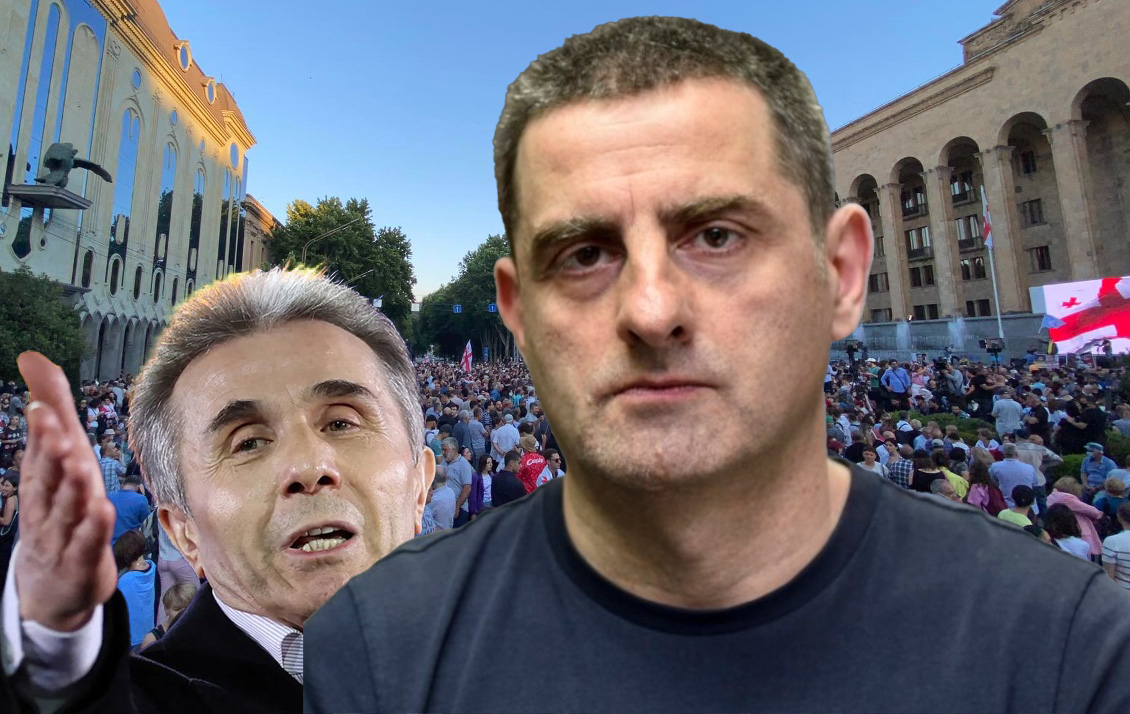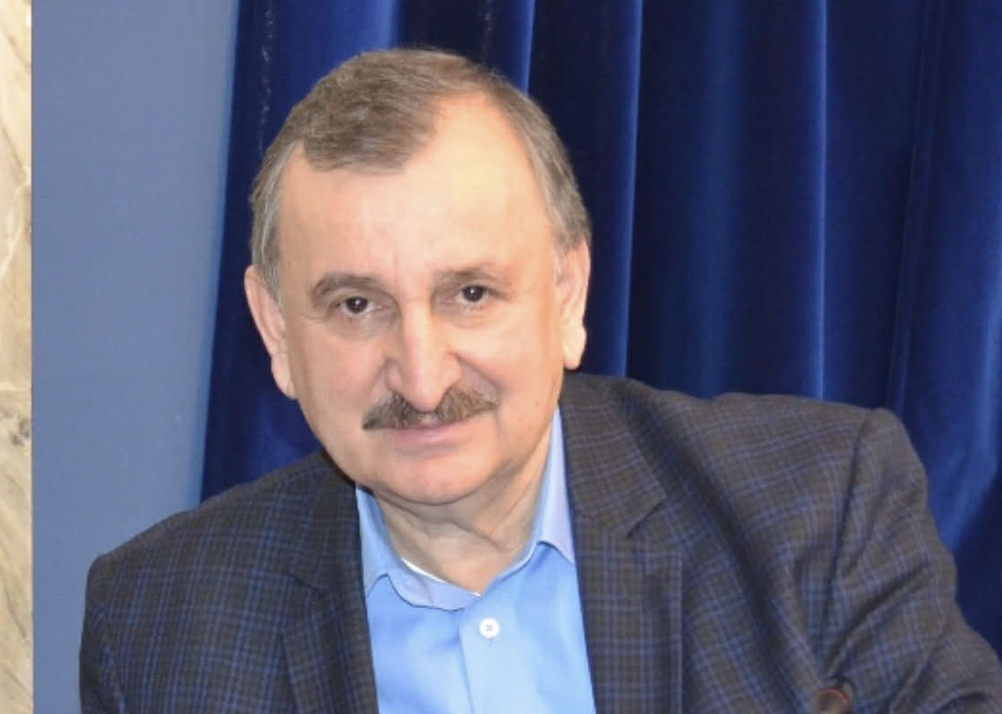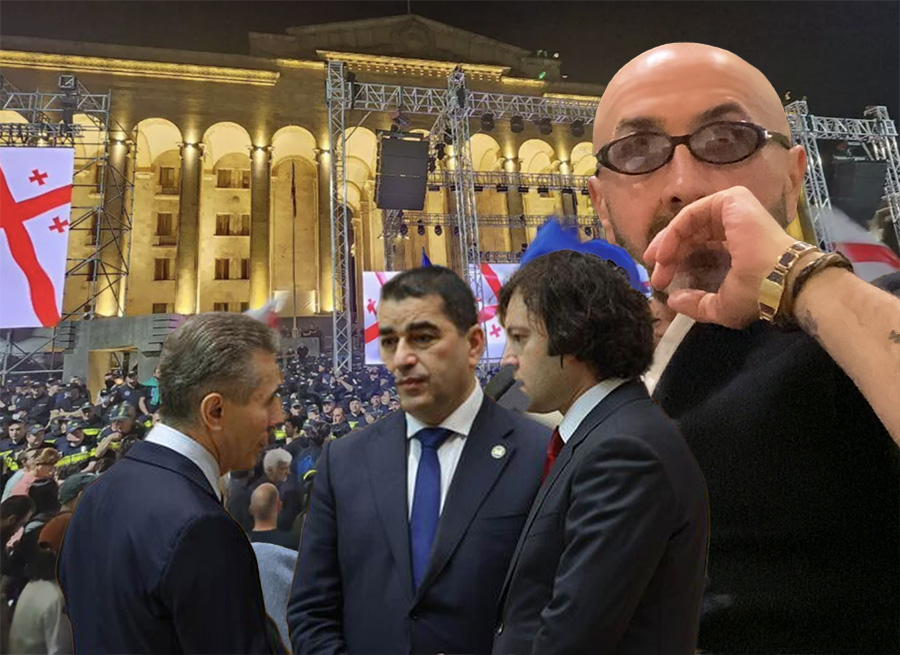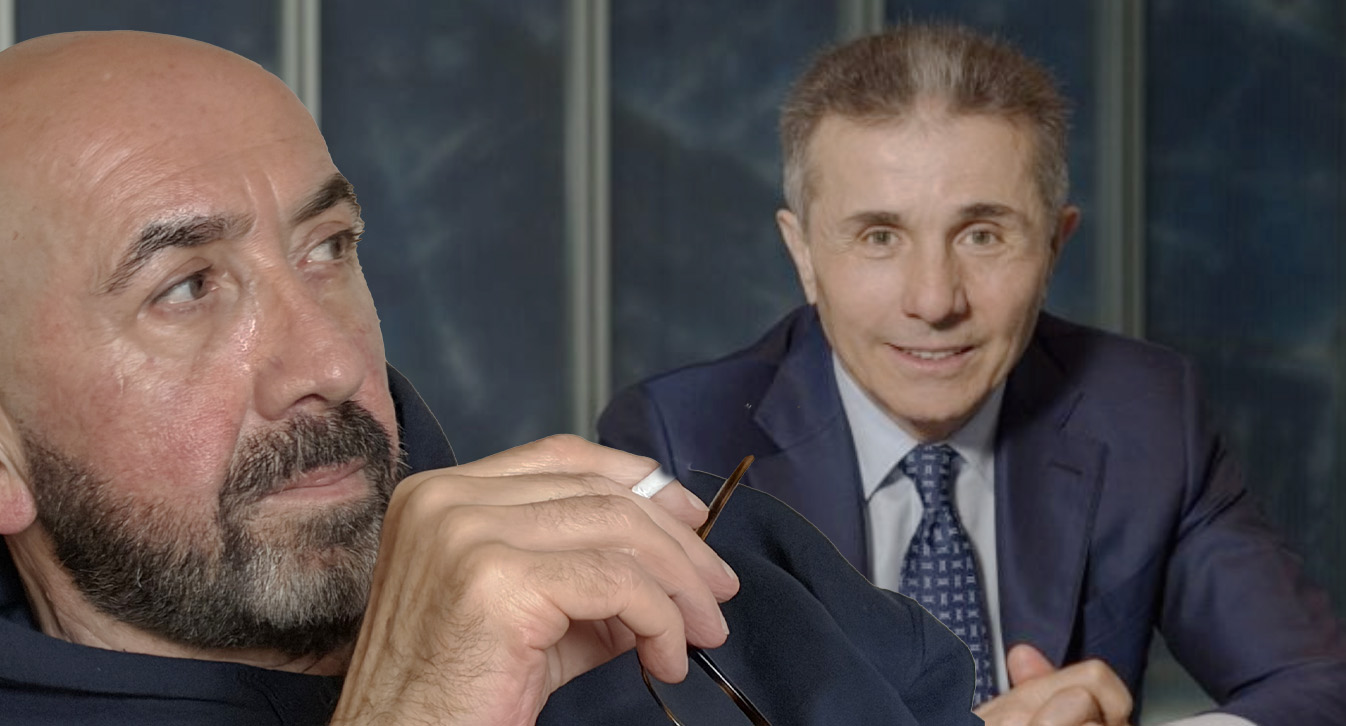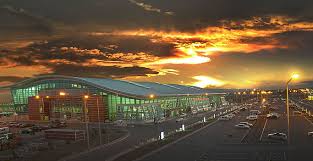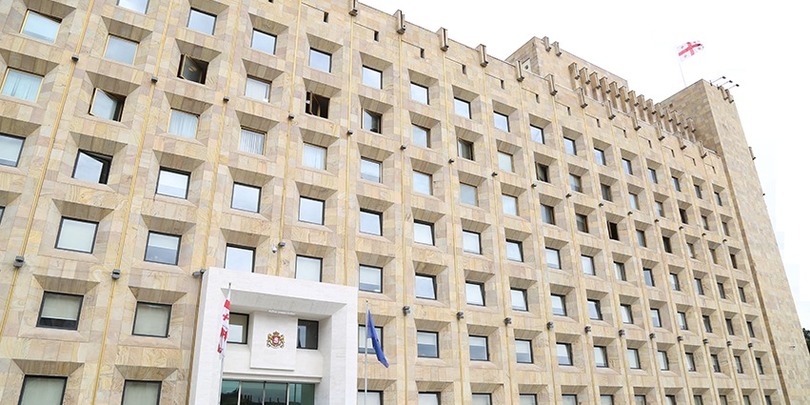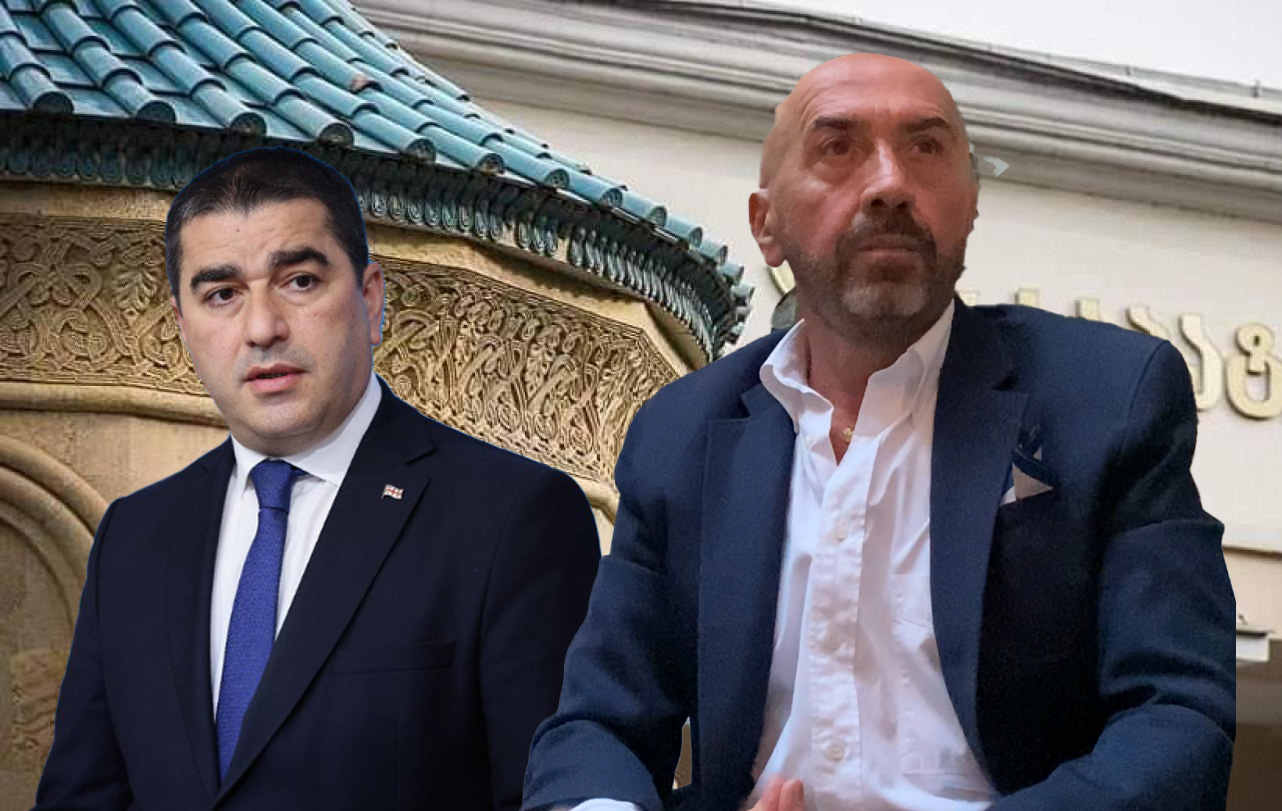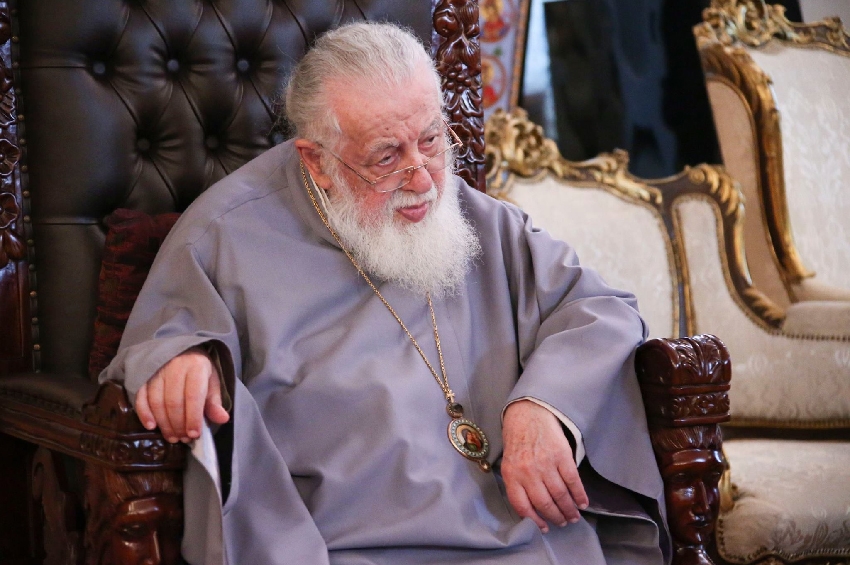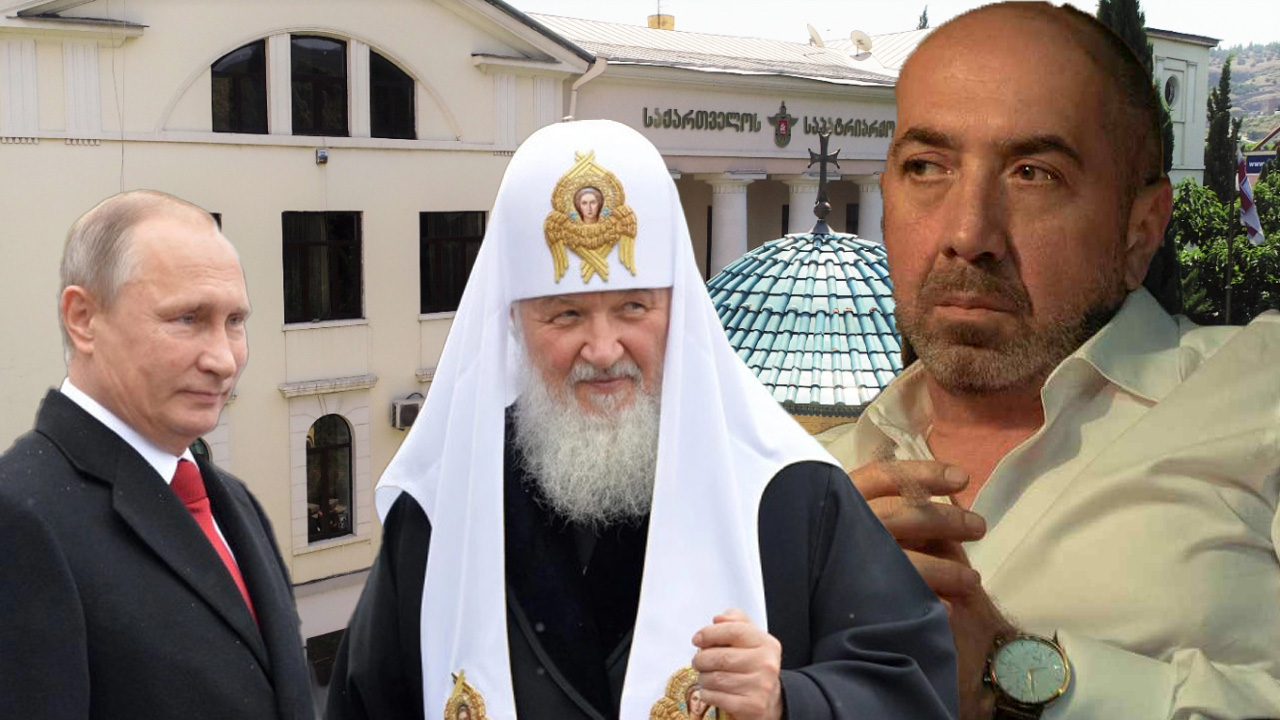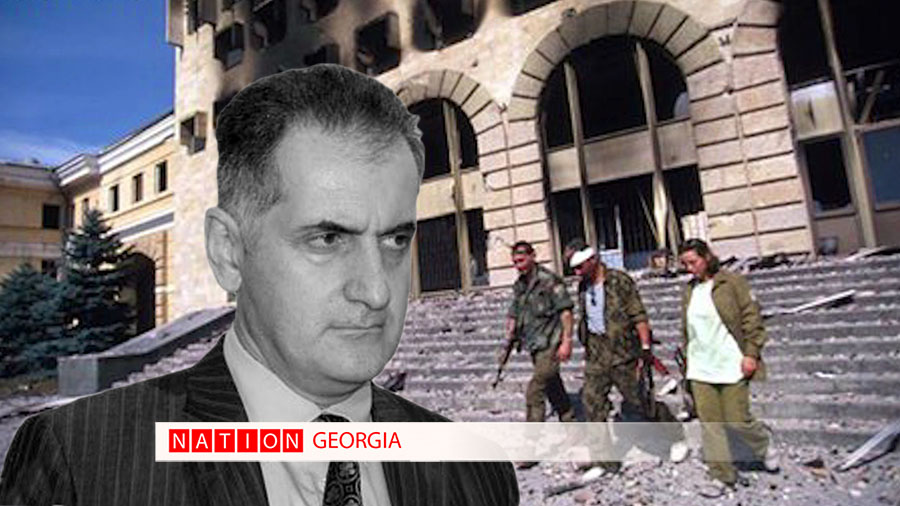Running low on resources, Russia still able to sustain war effort - media
28.10.2024 ნახვები: 456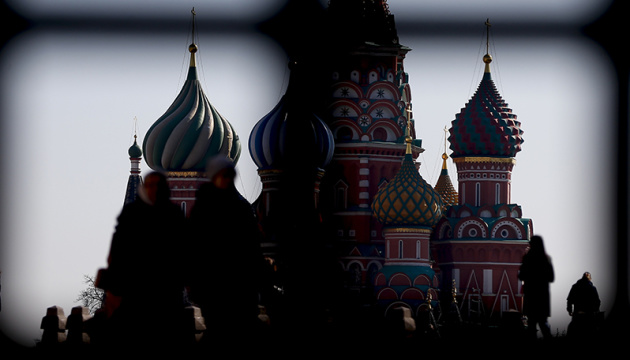
That’s according to a report by the The Washington Post.
The publication refers to Russian economists, including Vladislav Inozemtsev, a fellow at the Center of Analysis and Strategies in Europe (recognized as a "foreign agent" in Russia), who believe that Moscow is able to sustain the war against Ukraine for one to three years due to huge revenues off the sale of oil and ineffectiveness of Western sanctions.
At the same time, the head of the Russian Central Bank, Elvira Nabiullina, warned that the production capacity is "almost exhausted" in Russia. She announced a long period of high interest rates to reduce inflation, but so far the measure has yielded no positive results.
Read also: Russia seeks to weaken Ukraine’s economy, force it out of foreign markets – FMA survey conducted by the Russian Union of Industrialists and Entrepreneurs in October showed that 83% of businesses find it challenging to hire labor force.
There is a shortage of bus drivers in Siberia. On Russian farms, milkmaids are paid the same high wages as IT experts to keep them on the job, while hotels struggle to hire waiters, cleaners, and cooks.
According to analysts, Putin will inevitably reduce social spending on education, health care, and civil infrastructure.
It is noted that, despite Russia's ability to wage war for some time and produce primitive weapons in bulk, its military-industrial complex is not capable of producing modern weapons and military equipment.




